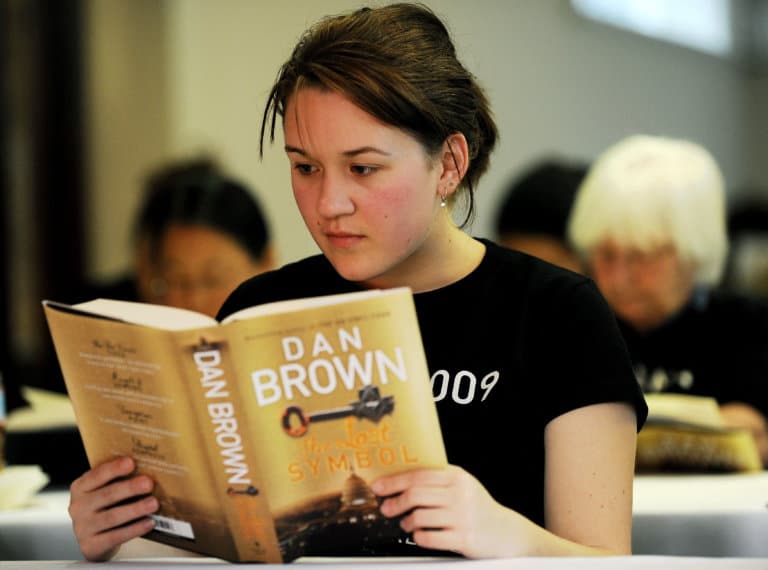
Choosing to pursue an English degree can be a rewarding path for any student. It’s an age-old subject that traces back the development of language and communication as we see it today — giving those who study it a distinct edge in any line of work they pursue.
This is because an English degree equips you with a comprehensive and varied skill set that can rarely be found in any other major. These include more technical skills such as critical thinking, analysis, writing, creative problem-solving, research skills, tone of voice, and more — the very skills studies have shown employers are looking for.
However, most often forget about the softer — and, arguably, more important — skill you gain by pursuing an English degree: emotional intelligence. As you’ll often place yourself in a character’s shoes, you’ll have to consider many different points of view — giving you more room to understand their motivations and desires, and observe how this applies in the world around you.
The point is: an English degree can take you far. Here’s a run-down of the workload, content you’d be expected to study, and more.

An English degree is designed to give you a wide perspective of societal development and the world around us. Source: Hector Guerrero/AFP
What to expect out of an English degree
1. Lots of Shakespeare
The foundation of English literature was built on many different bodies of work. These span across everything from Geoffrey Chaucer to “Beowulf”. However, it cannot be denied that much of the development of literature as we know it stemmed from one major figure: William Shakespeare.
In this, most English degrees will make a module or course around Shakespeare mandatory, especially in your first year. Expect to spend a large amount of your time studying The Bard’s expansive body of work, poring over his plays and dissecting his use of language. This might sound like a bore, but if you are truly passionate about the subject, it will do wonders in helping you understand how English — and storytelling — has developed the way it has.
2. Many, many essays
It should be a given that as an English major, you’d be spending a lot of time writing — and in many forms, from analysis to more creative outlets. Still, you should mentally prepare for most of your graded assignments to come in the form of long-form essays.
The great news about this is that you will naturally become a better writer as a result. More than that, you’ll learn to write in a variety of different tones about a variety of different topics — which you can rarely find in a single degree.

Expect to spend a lot of time writing long-form essays. Source: Cindy Ord / AFP
3. Exploring political, historical and social issues
Literature and storytelling across all forms have always been about addressing the issues our world is plagued with. A module that considers texts produced in the 1800s, for example, would naturally revolve around the social and political issues of its time. In the same vein, modern literature will address or allude to the current state of our political and social landscape.
Of course, this will give you an all-rounded insight into the state and development of the world as we know it. You will observe how society has developed throughout history through the lens of literature — getting direct access to how people lived, their priorities and concerns, and the world around them.
4. The study of multiple forms of storytelling.
Stories are communicated in many different forms. In the case of literature, the most common forms are novels, poetry, and scripts. However, literature also stems from other formats — film, music, political cartoons, essays, and many, many more.
An English degree will explore all of these. You can pick different modules according to your interests. For example, are you curious about how the superhero genre has changed our perception of heroism? Or maybe you are interested in how poetry produced during World War II acted as a form of protest?
Either way, you’ll get to explore these topics to your heart’s content.
5. Lots of theoretical, scholarly and religious essays
Of course, you can’t hope to escape more theoretical think pieces as an English student. Every module you sign up for will probably require you to read some scholarly essays surrounding the many topics you will be studying. In the same way, the consideration of religious texts may come into play for works produced in response to that.
For example, if you are studying feminist literature, you’ll probably need to know about the foundations of feminist thought all through its current standing. This means you’ll have to go back to the basics — reading the writings of prominent social activist and scholar bell hooks or considering the works of Virginia Woolf, for instance, both of whom wrote essays that significantly influenced society’s perception of feminism at the time.










